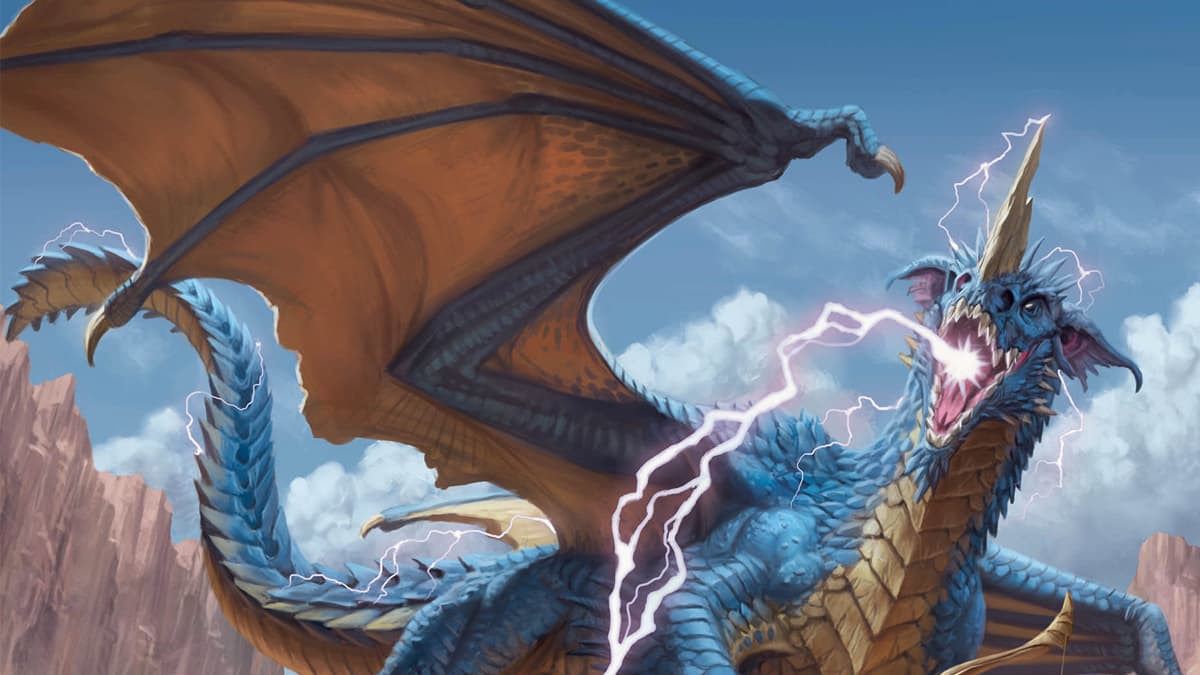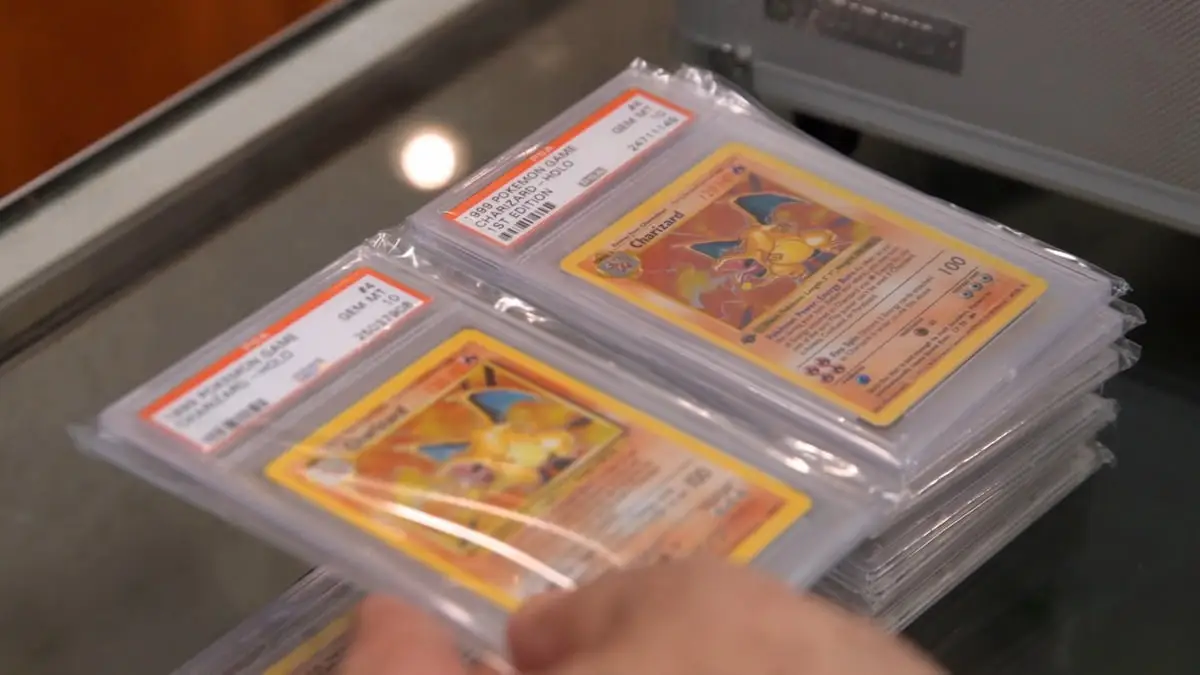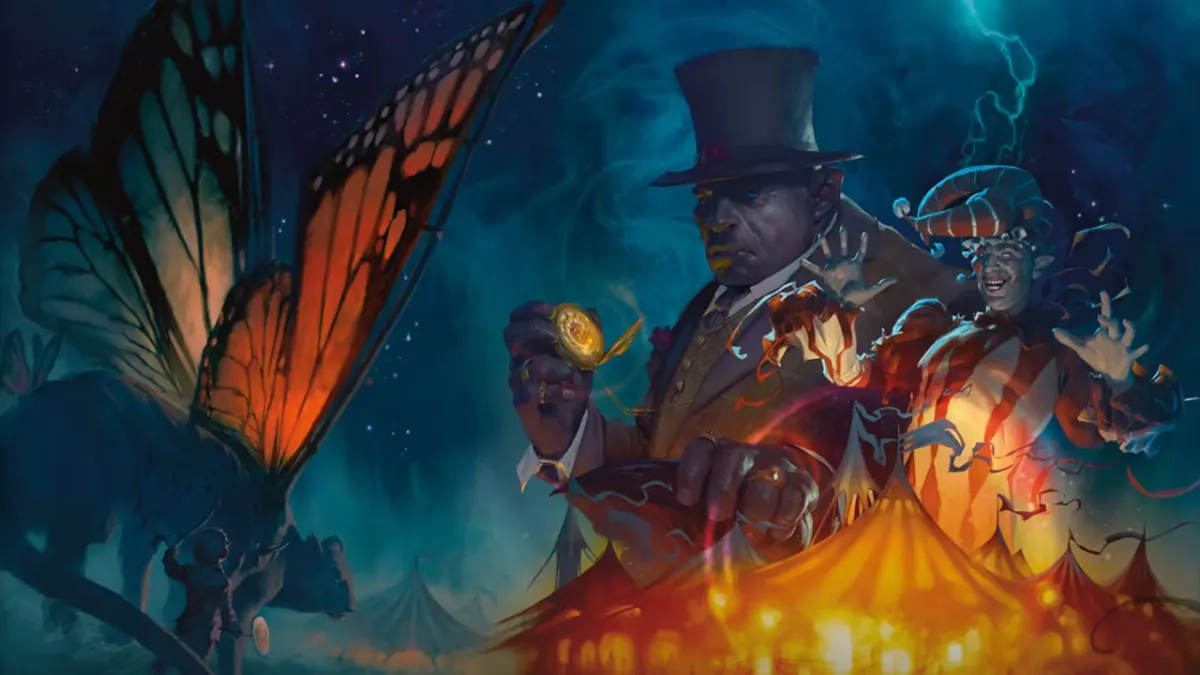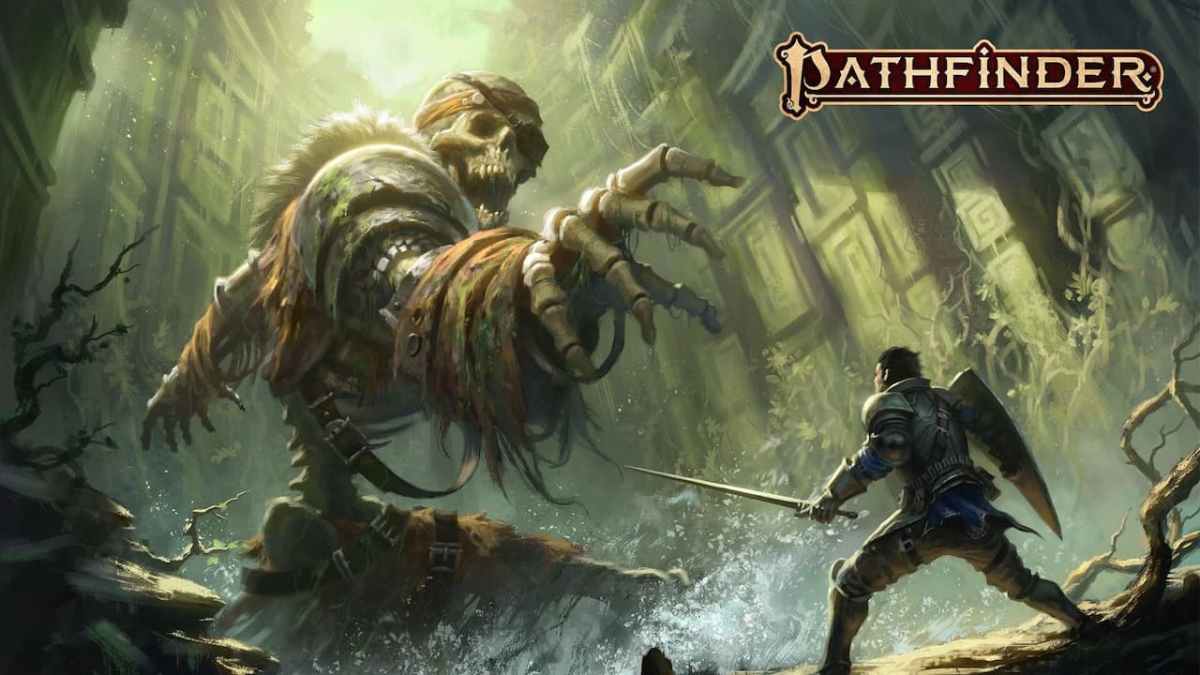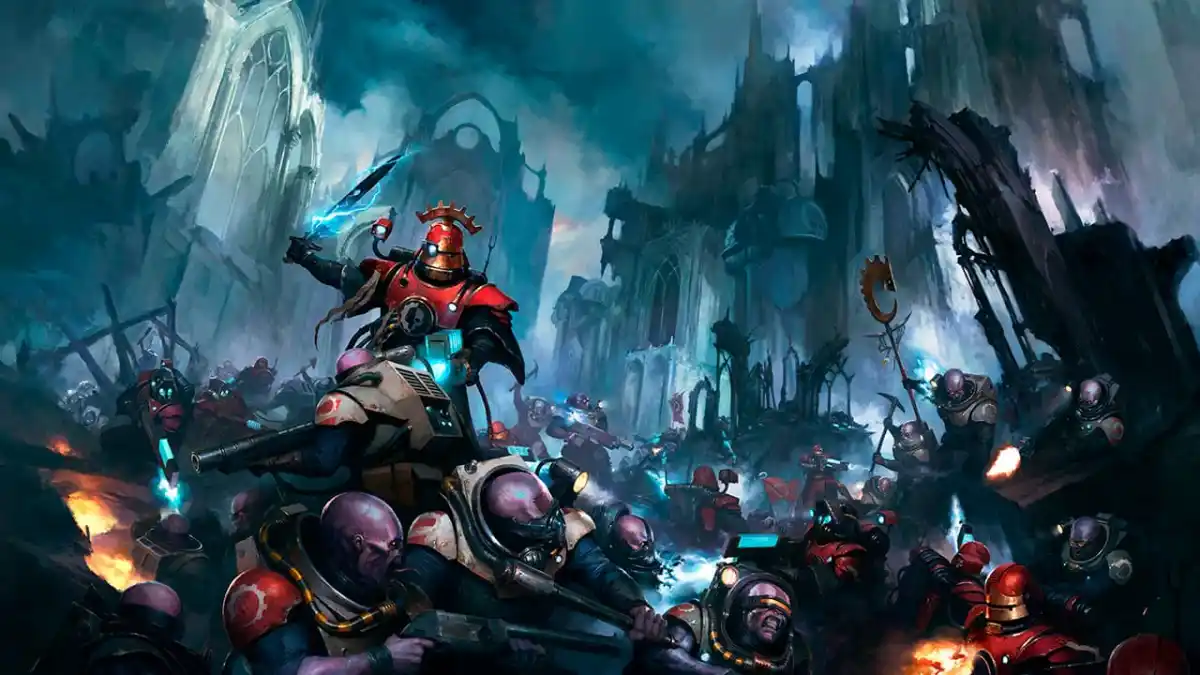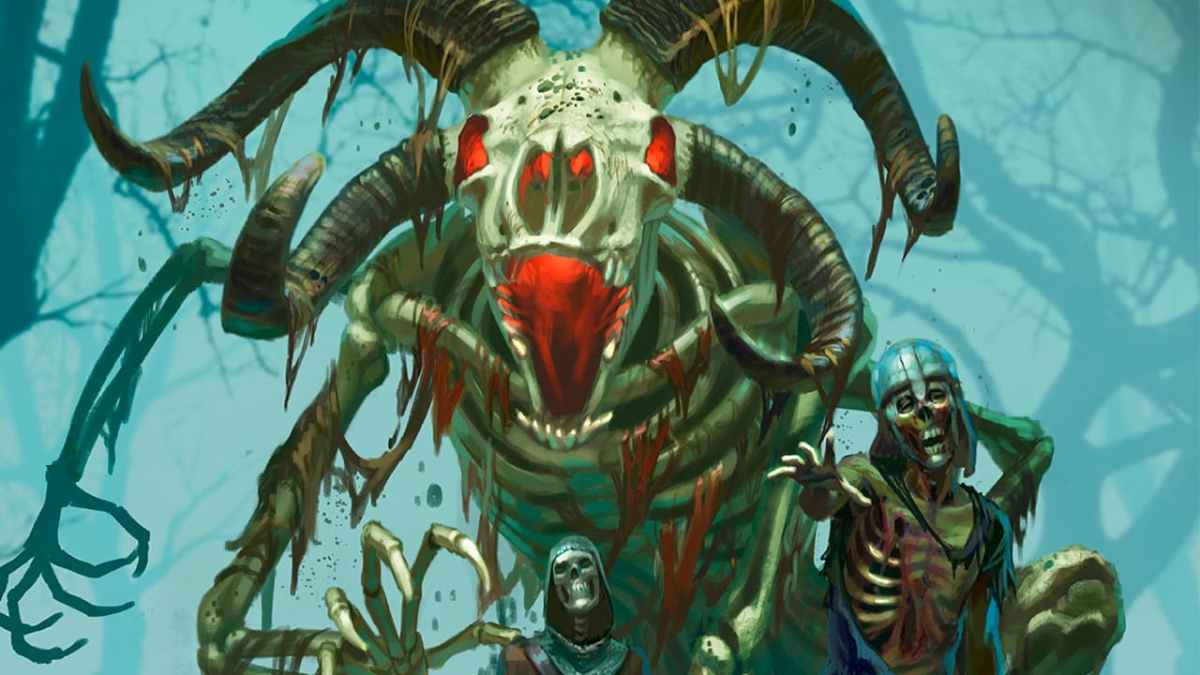Fans of Dungeons & Dragons will have noticed that the community has been on fire for the last few days. This is down to the leaking of the new DnD OGL 1.1. It has upset certain parts of the community and led to a smattering of questions from curious gamers who want to know what is happening in their favorite hobby. In this article, we will explain exactly what the DnD OGL is, why the leak upset people, and what it could mean for content creators and players.
What is the DnD OGL?
OGL stands for Open Game License, and it has been at the heart of community involvement in DnD for over two decades. The OGL allows third-party companies to produce content for the DnD system. This allowed both individuals and companies to make compatible content for Dungeons & Dragons while also allowing Wizards of the Coast, the owners of DnD, a degree of control over what people could and could not do with their copyrighted materials.
Cleverly, this essentially allowed the core of DnD, the rules that drive the games, to become the de facto heart of the roleplaying hobby. While other systems did exist, the prominence of DnD attracted creators and designers to an already established system that would allow them to profit from their work without issue.
Why is Everyone So Upset About the Leak?
To really understand why people are so upset about the new leak, you must understand the nature of the current iteration of the OGL, called OGL 1.0. The nature of the OGL changed significantly over the years, and OGL 1.0 was released alongside the 5th Edition of DnD in January 2016. Most see OGL 1.0 as being a fair compromise with creators after things had grown a little more restrictive over the years. It also accounted for the new digital world we all live in.
Over the years, many people have established their own followings and careers as creators within the DnD space. Some folks do new books or adventures, there are professional Dungeon Masters, folks create all manner of maps and tokens, and of course, famous shows such as Critical Roll have risen to prominence and helped to drive the popularity of the game forward.
What Does DnD OGL 1.1 Actually Do?
Dungeons & Dragons was recently described as “under-monetized” by Wizards of the Coast CEO Cynthia Williams during a web seminar that Hasbro, owners of Wizard of the Coast, held with investors. One of the issues the company perceives is that it cannot make as much money from DnD players as video game companies can from gamers. You can buy a book, some dice, and play with your friends for years. Classically, DnD takes place in a theater of the mind. Players don’t need anything fancy to play.
In the new OGL 1.1 that has seemingly leaked online, the company states that they are changing the OGL to account for “the rise of the internet, apps, Web 3, and even virtual TTRPGs.” All creators will now need to register their commercial content with Wizards of the Coast, give them information on sales and products, and add a special badge to their products.
According to Wizard of the Coast, larger companies that bring in more than $750,000 of annual revenue will also need to “share some of that success with us by paying a royalty of 20 to 25% of the “qualifying revenue” they make in excess of $750,000.” according to the OGL. While the qualifying amount might seem like a lot of money, that 20 to 25% royalty payment could be enough to eat into profits to the point where, after materials, manufacturing costs, paying writers, artists, designers, and more, the product is not worth making.
Where it gets awful for creators is that simply logging the content with WotC will essentially hand over that product to the company, giving them “a nonexclusive, perpetual, irrevocable, a worldwide, sub-licensable, royalty-free license to use that content for any purpose.”, according to a leaked version of the DnD OGL 1.1 that Attack of the Fanboy has seen. This line especially has left a terrible taste in the mouths of fans and creators.
What Will Happen Now?
While people are currently very angry, it is hard to know exactly what will happen. Dungeons & Dragons, while quite famous, is not the only roleplaying system in the world. We could see a lot more people developing their own systems or jumping ship to support other companies that provide similar settings to DnD but without the very specific details of that world. Whether we will see huge companies like Steamforged Games and their Epic Encounter series move on to other pastures remains to be seen.


